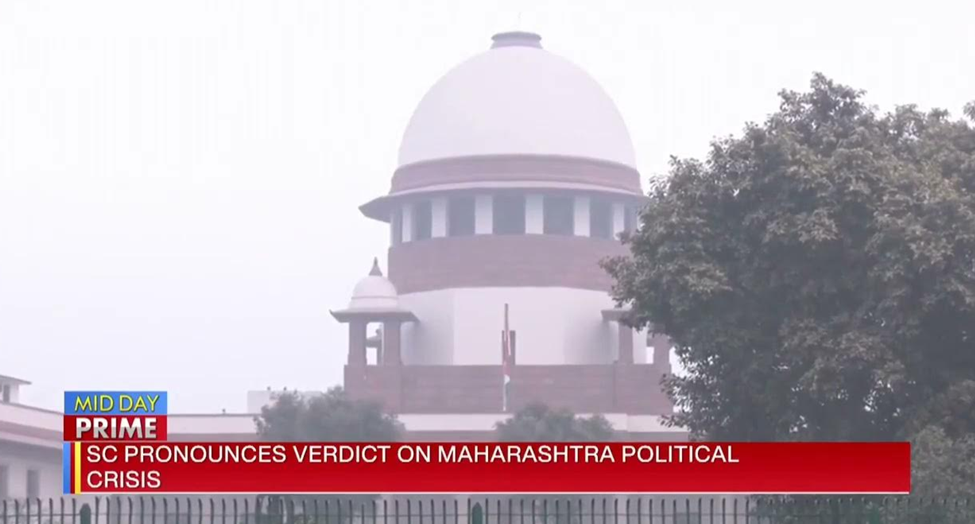Free Courses Sale ends Soon, Get It Now


Free Courses Sale ends Soon, Get It Now



Copyright infringement not intended
Context: The political crisis that rocked Maharashtra in June 2022, has finally reached its legal conclusion.
Details
Role of the Governor
Role of Speaker
Disqualification Issue
Impartiality is crucial for the proper functioning of constitutional democracy in India
Challenges
Governor
Speaker
Lack of clear guidelines
Steps to ensure the impartiality of the governor and the speaker:
Conclusion
Must Read Articles:
Appointment of Governors: https://docs.google.com/document/d/1UIp6ErkG9RH_4WDpSdiJeJG73qboIk3bxDu2mxOjGXY/edit#
Whip: https://www.iasgyan.in/daily-current-affairs/whip
Speaker: https://docs.google.com/document/d/1UIp6ErkG9RH_4WDpSdiJeJG73qboIk3bxDu2mxOjGXY/edit#
Anti-defection law: https://www.iasgyan.in/daily-current-affairs/anti-defection-law-34
Rameshwar Prasad v/s Union of India case: https://www.iasgyan.in/daily-current-affairs/rameshwar-prasad-case
|
PRACTICE QUESTION Q. How important is it for the governor and the speaker to be impartial in their roles? What are the challenges they face in maintaining their neutrality and integrity? What are some possible solutions to overcome these challenges and ensure the smooth functioning of the legislative assembly? |
© 2024 iasgyan. All right reserved